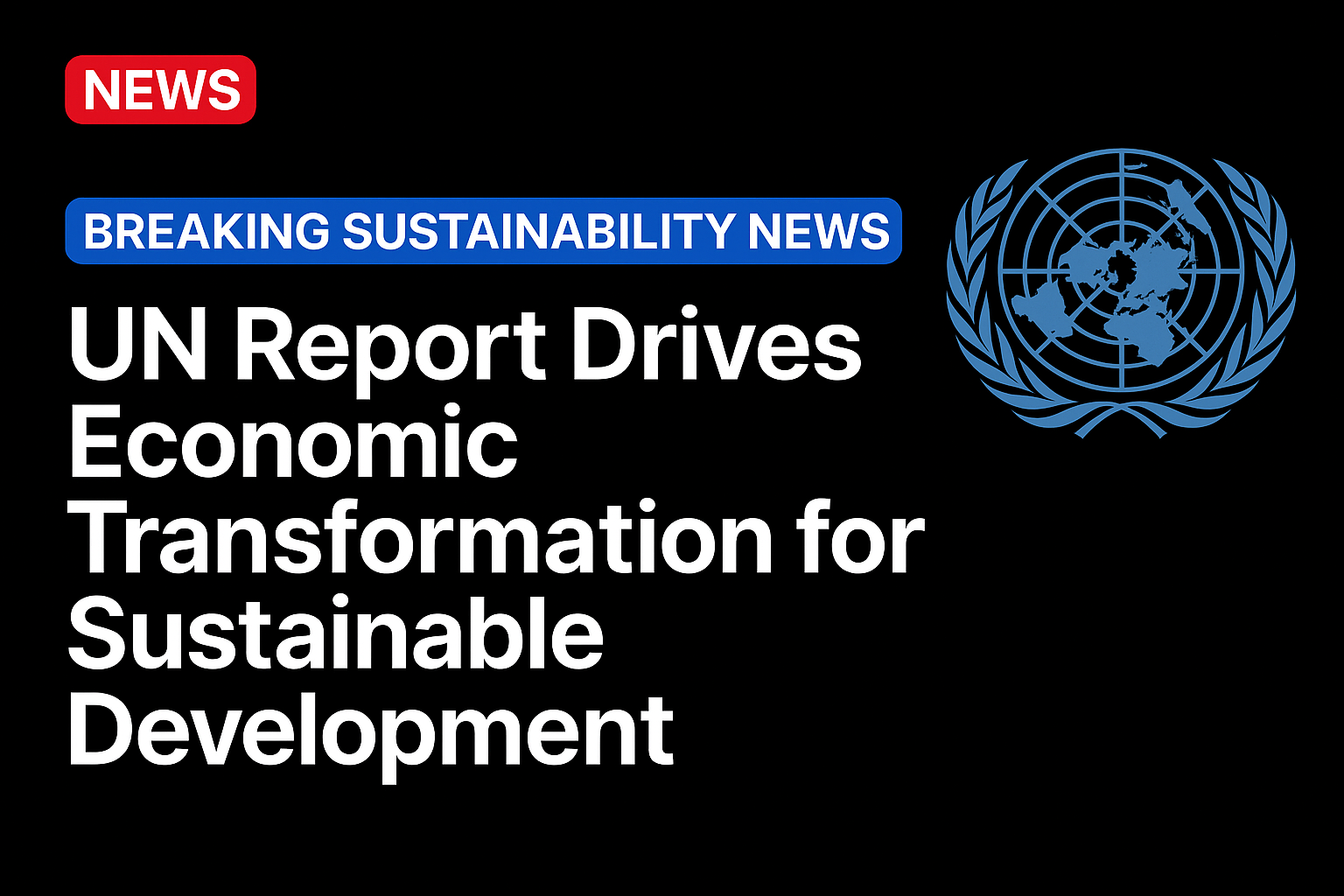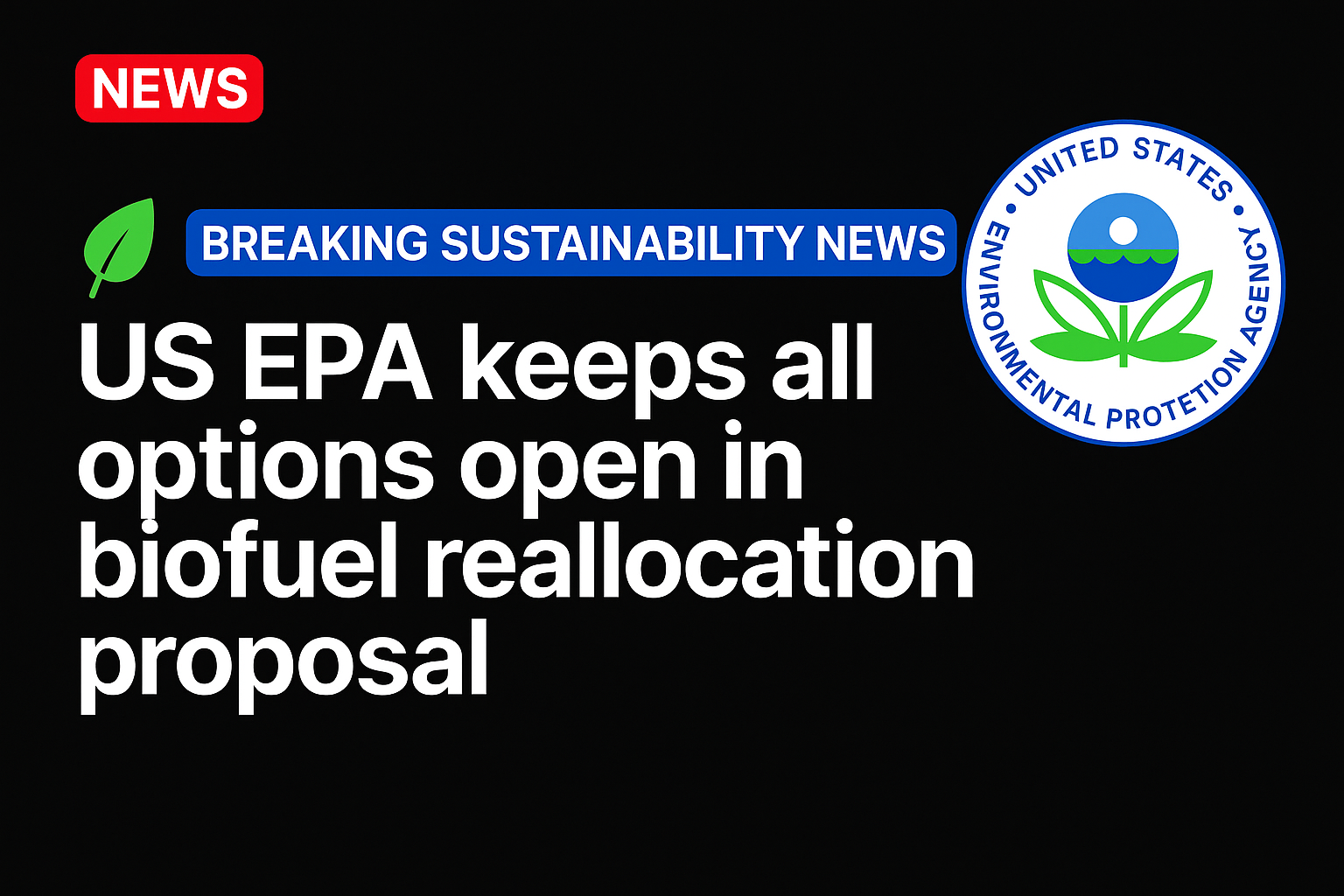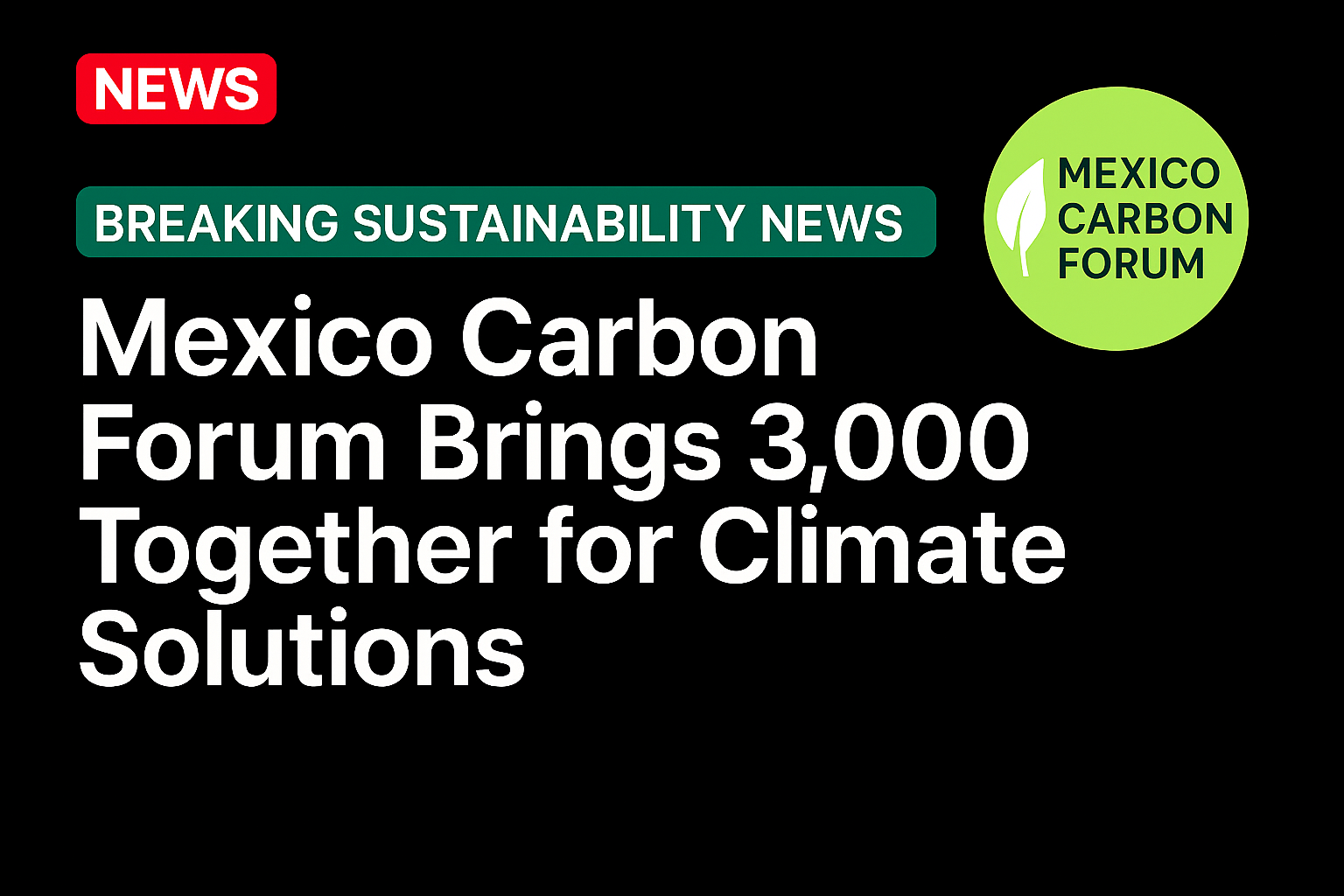The UN Conference on Trade and Development (UNCTAD) published a report arguing that development progress necessitates accelerating the pace of four transformations towards: more diversified economies; more sustainable, inclusive, and resilient economies; more abundant and stable finance for development; and more multilateralism in a multipolar world.
Titled, ‘Shaping the Future: Driving Economic Transformation for Equitable, Inclusive and Sustainable Development,’ the report was prepared by the Secretary-General of UNCTAD for consideration by the 16th session of the Conference.
The report notes that amidst shocks and crises, bleak economic prospects, and high inequality, the world is not on track to achieve the SDGs. It identifies five megatrends “reshaping our world and future”: the emergence of a multipolar world; accelerating technological transformation; the triple planetary crisis; demographic shifts; and urbanization.
Noting that progress requires a shift from the status quo, the report outlines a set of actions for UNCTAD to help achieve the four transformations.
For more diversified economies, the report recommends:
- Fostering knowledge on critical energy transition minerals to support and enable the twin transitions to clean energy and a digital economy, while fostering structural change through value addition and domestic processing;
- Expanding work on services as a new frontier of economic diversification, ranging from traditional to knowledge-intensive and digital sectors; and
- Helping developing countries enhance their readiness to leverage data and digital technologies and capacities.
For more sustainable, inclusive, and resilient economies, the report calls for: promoting industrial policy for inclusion and resilience; addressing the development dimension of the triple planetary crisis; and ensuring inclusive trade.
To enable more abundant and stable finance for development, the report recommends:
- Helping countries build a sustainable and innovative finance ecosystem by supporting harmonized sustainability standards, updating investment treaties, and promoting investment flows, at scale, towards developing countries;
- Reforming the global debt architecture, developing debt sustainability methodologies, and creating innovative tools to assist with debt management and crisis prevention and resolution; and
- Promoting open and equitable international tax cooperation.
For more multilateralism in a multipolar world, the report formulates actions to support the reform of the international financial architecture and of the multilateral trading system, towards a networked multilateralism.
Cross-cutting recommendations address crises, shocks, and disruptions, global cooperation, data, and gender.
Source: https://sdg.iisd.org/




